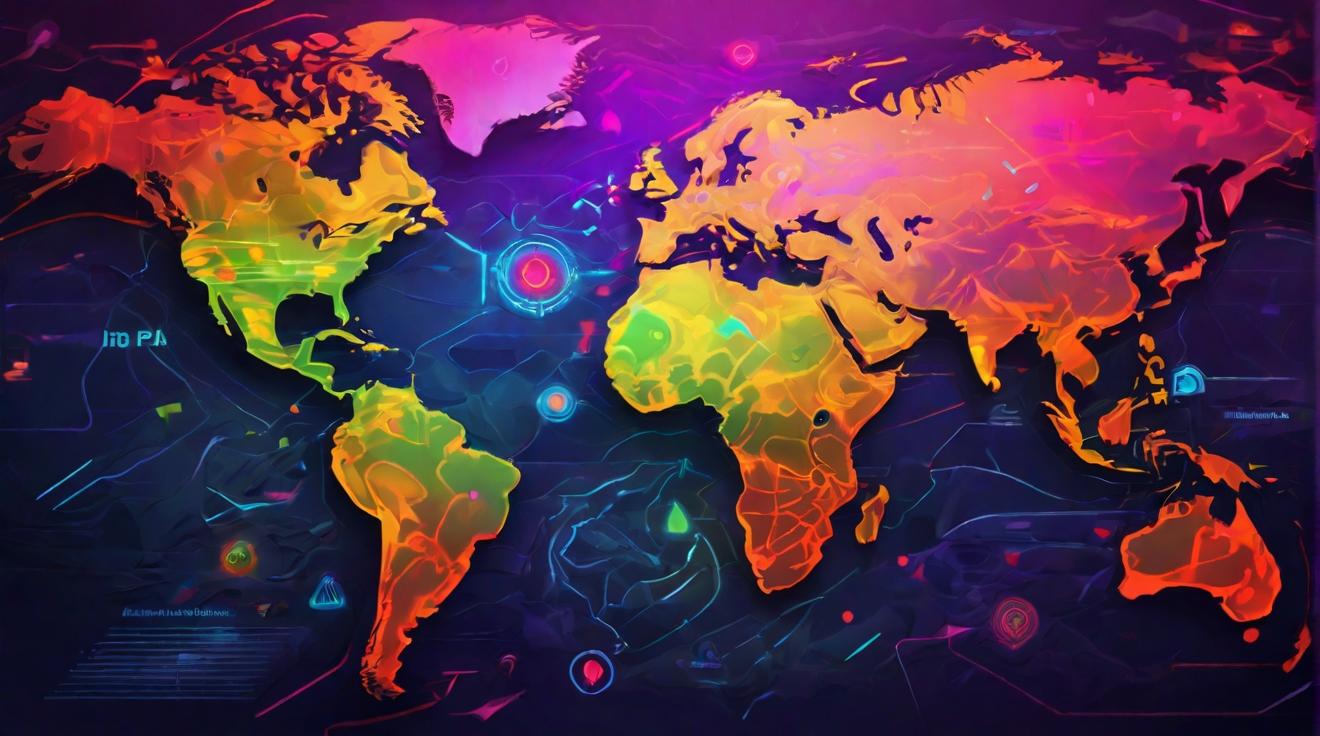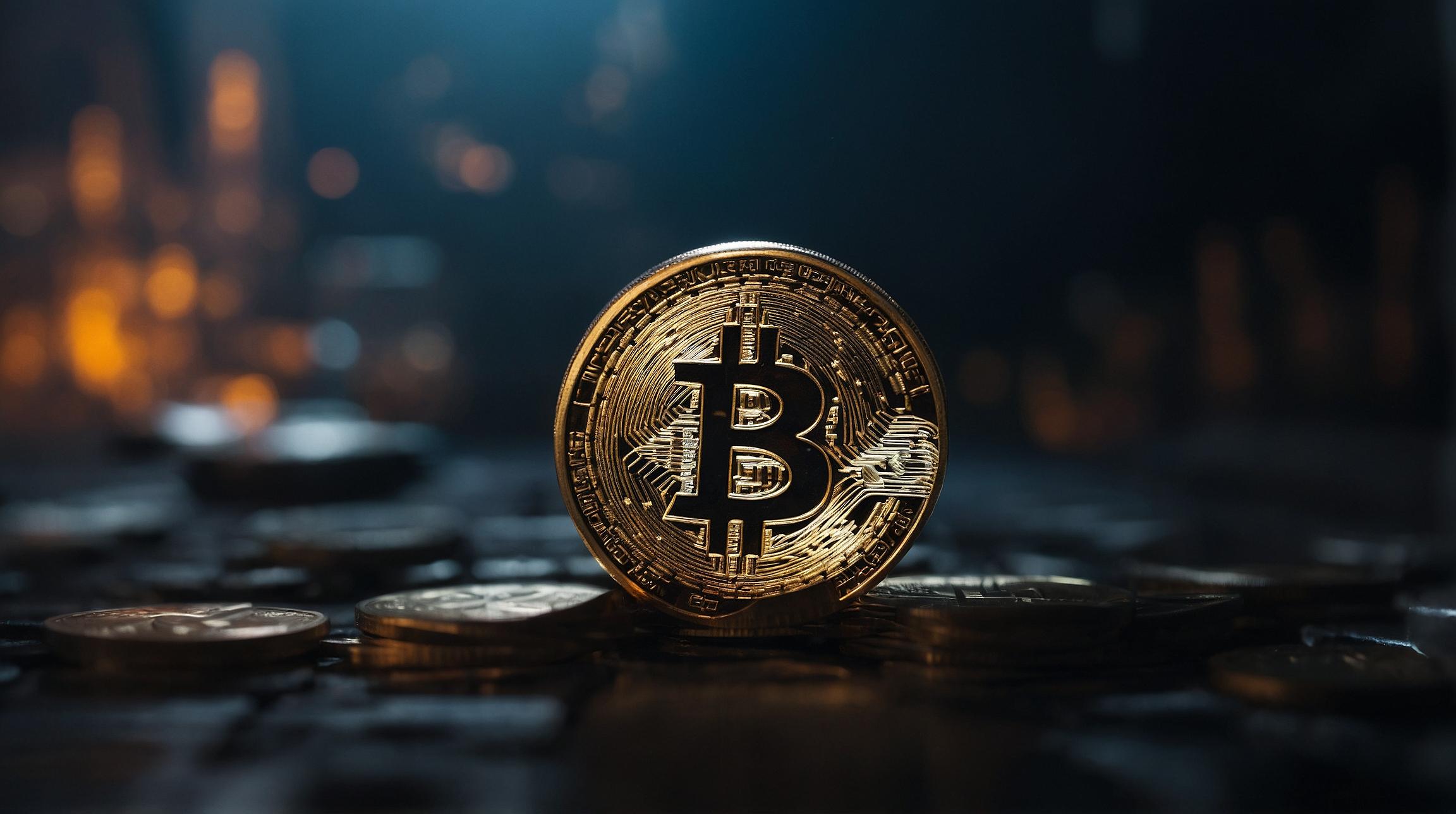Worldcoin's Privacy Challenge: A Technological Tightrope
In an era where technological advancement and data privacy are often at odds, Worldcoin emerges as a pioneering project that offers a digital identity solution through a somewhat unorthodox method—iris scans. Despite backing from prominent figures like Ethereum co-founder Vitalik Buterin, Worldcoin has encountered hurdles with regulation, notably a recent suspension in Portugal due to concerns over biometric data collection.
Worldcoin's innovative approach has sparked a global discussion on privacy and security in the digital age. By using iris scans instead of traditional sign-up methods, Worldcoin aims to create a system that is not only secure but also inclusive, offering free WLD cryptocurrency tokens as an incentive. This method has attracted over 4.6 million users worldwide, which is a testament to its appeal. However, the project's data privacy implications have raised eyebrows and regulatory flags.
Buterin praises the project for its "data-minimal" approach and its potential to outperform traditional, centralized authentication solutions. He highlights Worldcoin’s efforts to address privacy concerns head-on, signaling a dedication to protecting user information that could distinguish it from other digital ID initiatives.
However, the enthusiasm is not universal. Portugal's National Commission for Data Protection (CNPD) has echoed sentiments similar to those of Kenya, expressing concerns about the collection and storage of biometric information. After collecting iris data from over 300,000 Portuguese citizens, Worldcoin faced a significant setback when the CNPD paused its operations, citing "serious harm" to citizens' data rights. This decision underscores the broader anxieties about the security of biometric data and its potential misuse.
The crux of the debate centers around several key questions: the long-term security of iris scan data, the effectiveness of Worldcoin's anonymization techniques, and the exploration of alternative verification methods that don't compromise user privacy. These questions are not just regulatory hurdles; they represent genuine concerns from the global community about the sanctity of personal information in a digitally driven world.
Despite the challenges, Worldcoin's proposition carries undeniable benefits. By sidestepping traditional identification methods, it promises a more inclusive financial system, especially for the unbanked population. Yet, these innovations come with the responsibility of maintaining user trust through rigorous privacy measures and transparent data practices.
As Worldcoin navigates this technological tightrope, it must balance innovation with privacy, ensuring that its ambition to redefine digital identity does not come at the expense of user trust. Exploring alternative verification methods and bolstering transparency about data storage and privacy risks could mitigate regulatory concerns and pave the way for more universal acceptance of biometric-based digital identities.
In the ever-evolving landscape of technology and regulation, projects like Worldcoin are harbingers of change, challenging traditional notions of privacy and security. Their success or failure will likely set precedents for how the world navigates the delicate balance between technological advancement and data privacy in the years to come.
Analyst comment
Neutral news.
As an analyst, the market for Worldcoin is uncertain due to the regulatory concerns surrounding their collection and storage of biometric information. The project’s success will depend on its ability to address privacy concerns, explore alternative verification methods, and enhance transparency about data storage and privacy risks.













